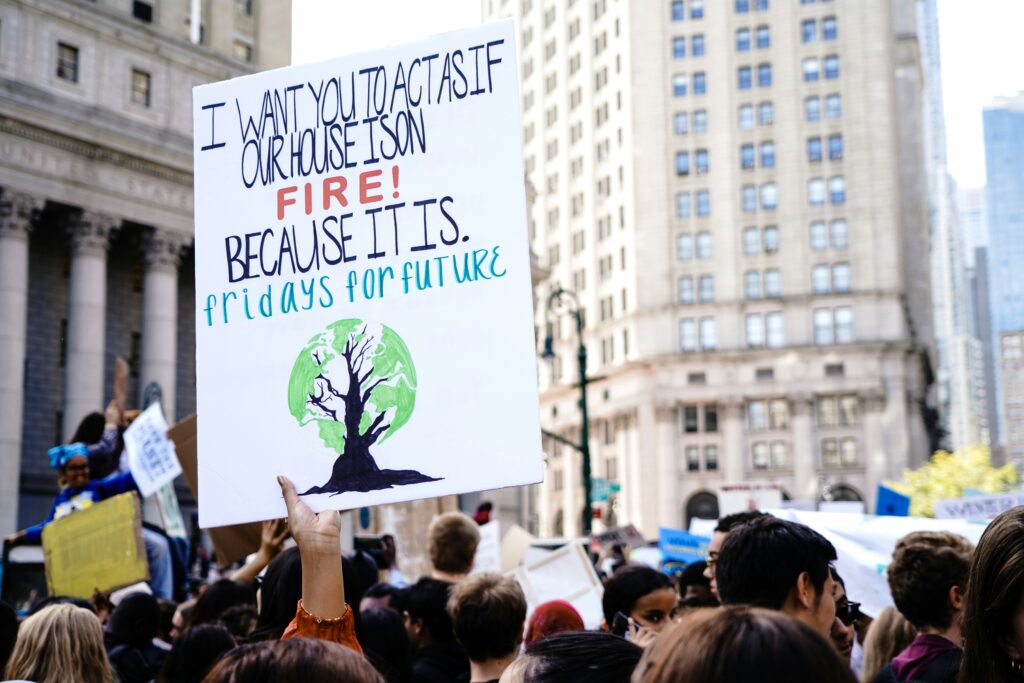Countries are changing and with those shifts comes new policy.
The Economist Intelligence Unit (EIU) released a comprehensive analysis of recent political shifts in six G20 nations, and their influence on global climate policies. With energy and climate issues taking a backseat in voter priorities, the resulting political landscape will have profound implications for the green transition.
South Africa
In South Africa, the May 2024 general election marked the end of a 30-year reign for the African National Congress (ANC). This led to the formation of a coalition government.
The new administration will likely pivot toward energy reforms as the country grapples with inadequate reserve capacity. This problem leads to severe electricity shortages that pose serious danger to citizens. While the government is prioritizing this issue, they are putting their decarbonization efforts in the backseat. This could be a hard pill to swallow for other nations working towards net-zero emissions.
India
India, held its general election between April and June 2024. They reelected Narendra Modi’s Bharatiya Janata Party (BJP) narrowly retaining a majority.
Despite the electoral outcome, Modi’s government will maintain its growth-focused approach to infrastructure. Despite the fact India will likely surpass China in total emissions by 2029. The demand for coal is predicted to rise through 2033. Although, the government will continue promoting green initiatives such as rooftop solar projects, electric vehicle infrastructure, and hydrogen development.
Mexico
In Mexico, Claudia Sheinbaum’s victory in the June 2nd presidential election signaled a continuation of the energy policies championed by the ruling party, Movimiento Regeneración Nacional (Morena).
Her administration will uphold support for state-owned energy firms Pemex and Comisión Federal de Electricidad (CFE) over private sector involvement, resulting in slow progress on energy transition efforts.
The European Union
The EU also witnessed significant political developments with Ursula von der Leyen securing a second term as EU commissioner following the European Parliament elections in June.
Although the coalition of center-right, social democrats, and liberals maintained a majority, the rise of far-right parties, at the expense of green parties, is likely to shift the EU’s energy policy. Food and Energy Trends reported earlier this year about the potential impact of climate on these elections. They will increasingly emphasize energy security and industrial competitiveness over new climate initiatives, though existing measures like the CBAM carbon tariff system will continue.
The United Kingdom
In the United Kingdom, the election brought about one of the most dramatic changes. The new Labour government, led by Keir Starmer, has committed to accelerating green infrastructure and industry through increased public investment and planning reforms.
This marks a stark contrast to the previous Conservative administration, which had softened many of the UK’s climate commitments. While Labour’s decisive victory could attract more green investment, the government will face significant fiscal constraints in realizing its ambitious plans.
France
France’s July 7th election resulted in a fragmented political landscape, with no single party securing a majority. The largest blocs—the leftist New Popular Front, centrist Ensemble, and far-right National Rally—will likely prevent significant policy changes until at least 2027. However, both the center and left blocs have pledged to expand renewable energy investment, which may still proceed if a government can be formed.
The United States
Looking ahead to the second half of the year, the United States will hold its presidential election, with starkly different climate policy approaches on the line. The Biden administration has aggressively promoted renewable energy investment and strengthened environmental regulations. However, EIU currently forecasts a win for former president Donald Trump. He is expected to deprioritize climate policies if elected. This conclusion was made prior to President Biden stepping down from the Democratic ticket.
A Trump victory could lead to the removal of barriers to oil and gas production, the weakening of emissions regulations, and reduced subsidies for electric vehicles and renewable energy. On the international stage, a Trump administration could slow global climate efforts, as other nations may hesitate to commit to stronger policies without US leadership.














